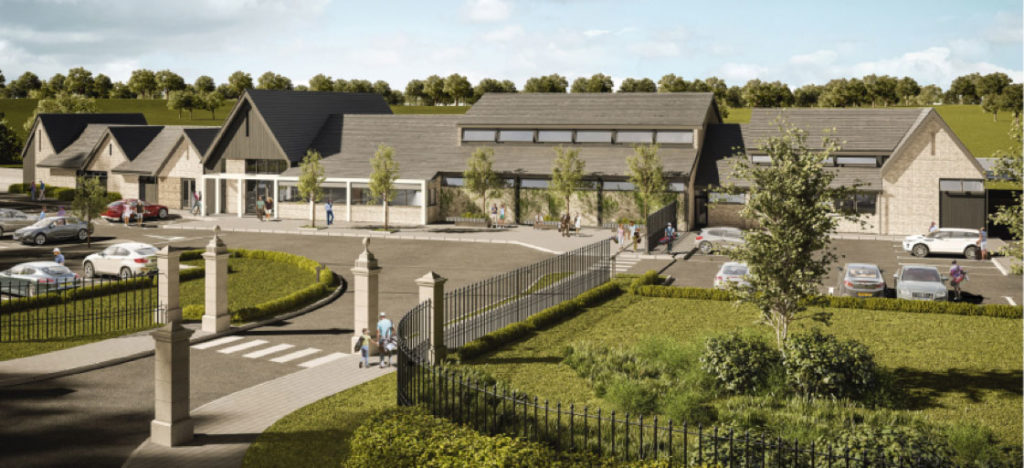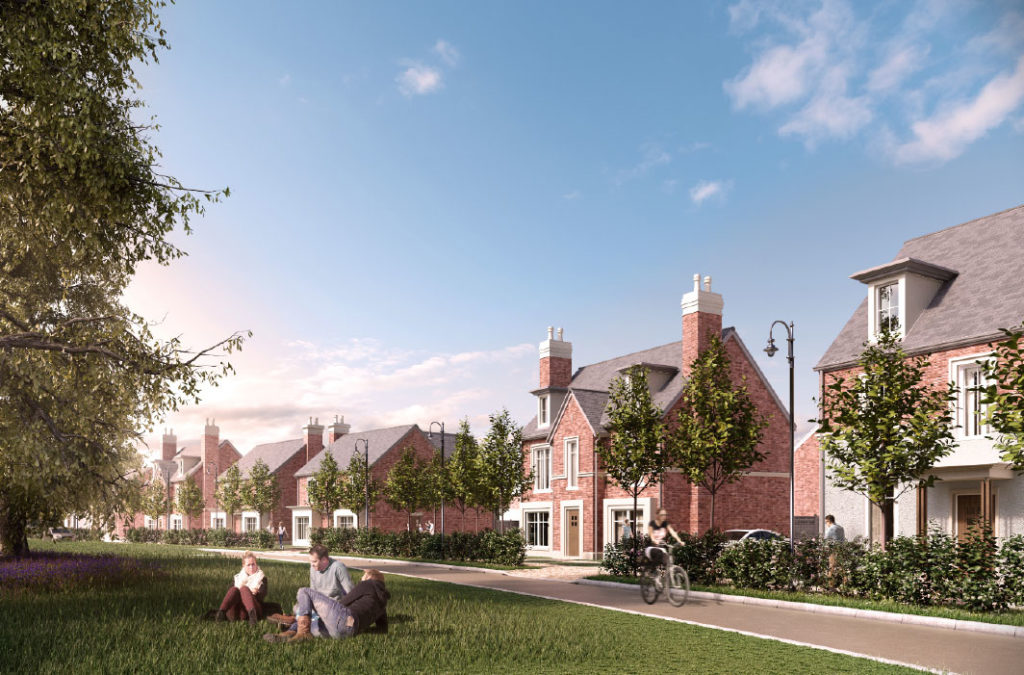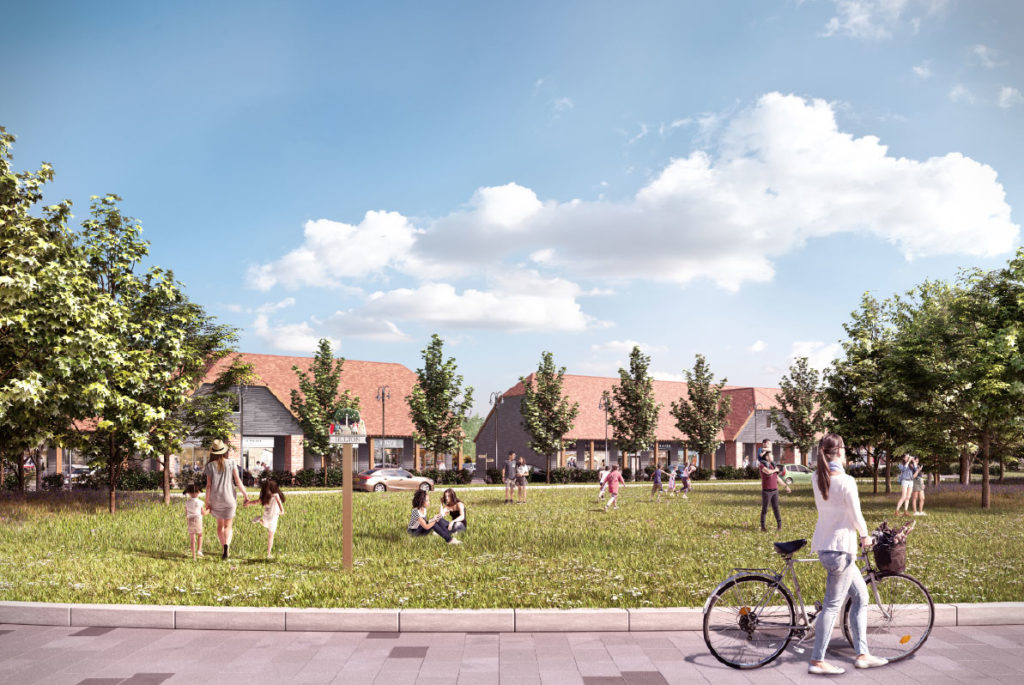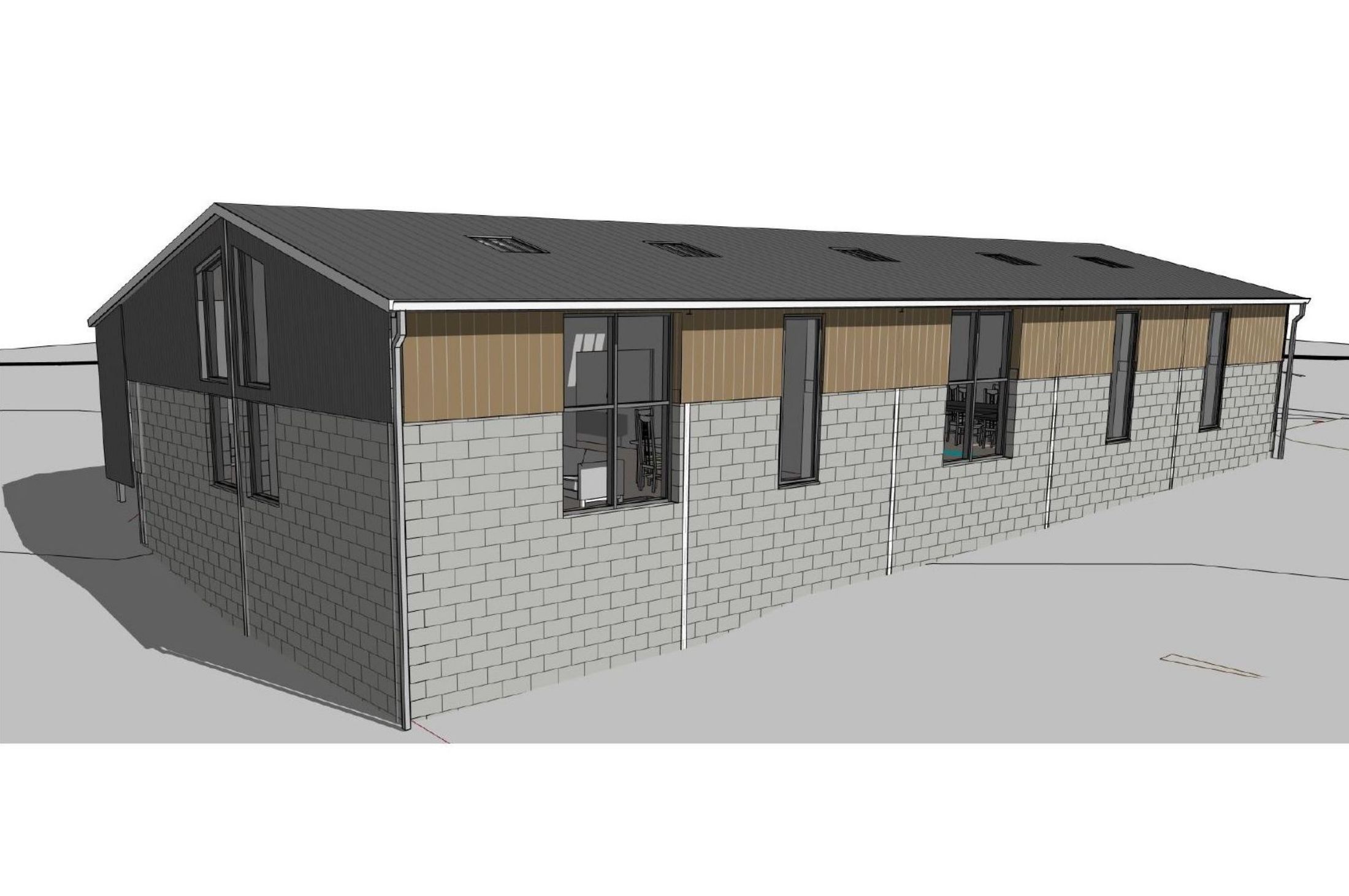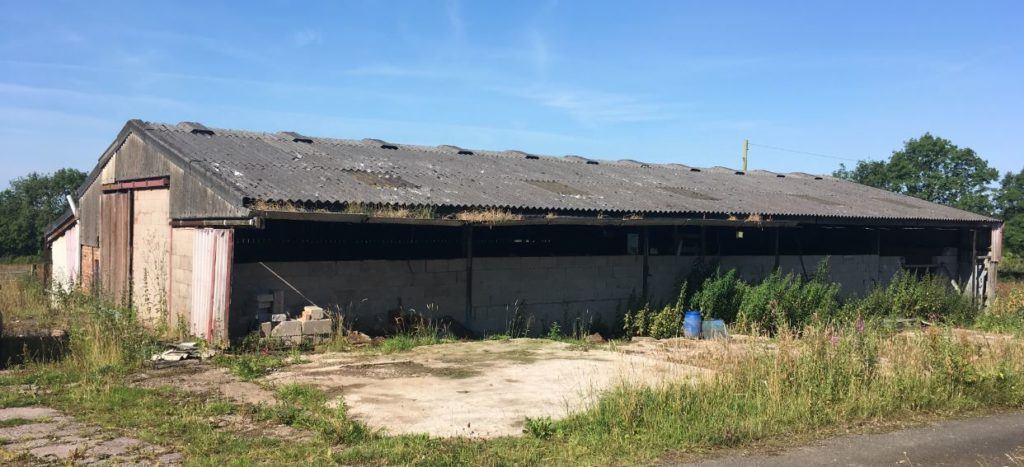The Secretary of State (SoS) has granted planning permission for a major development within the Manchester green belt consisting of a golf resort, 1,036 homes and heritage restoration works at Hulton Park to the southwest of Bolton. However, the development can only go ahead if the site is successful in its bid to host golf’s Ryder Cup in either 2031 or 2035.
In granting planning permission, the SoS concluded that whilst the proposal did not comply with the development plan, the contribution to meeting the council’s housing land supply shortage and the very substantial economic and social benefits of the golf resort proposal (with estimates for jobs created and Gross Value Added generated being 1686 jobs and £1.1 billion (GVA) respectively). The secretary of state saw this as particularly significant in an area with high levels of deprivation and economic inactivity. He also held that the project represented the optimum viable use for the historic park in which it was proposed, in accordance with Planning Practice Guidance. It was concluded that very special circumstances which outweigh the harm to the Green Belt exist, so as to justify the grant of planning permission – but they will only exist if the Ryder Cup is held at the site.
Richard Pigott, Director at Planning & Design Practice, said: “This is a highly unusual decision given that it is by no means certain that the venue will ever win the right to host the Ryder Cup. The biennial golf competition, which pits the best American and European golfers against each other, only takes place at a European venue every four years. Much like the Olympics, it is a much sought-after event and may well go to a country in continental Europe in 2031 given that the 2027 event will be held in Ireland. Furthermore, it is not yet clear when a decision will be made about the 2031 and 2035 host venues but we will be sure to let you know when there is further news.”
If your property is located within the Green Belt and you propose something which is deemed to be ‘inappropriate development’, it will be necessary to demonstrate Very Special Circumstances (VSC). However, VSC need not be a single wholly exceptional reason such as the hosting of a major sporting event. VSC can include existing permitted development rights, a high-quality design, public benefits, energy from renewable sources and any number of other valid considerations. It’s important to remember that a collection of factors together, while not ‘special’ on their own, can combine to constitute very special circumstances.
As a practice we are highly experienced in submitting planning applications in Green Belt locations. If you have a property located in the Green Belt and would like some advice, please get in touch.
